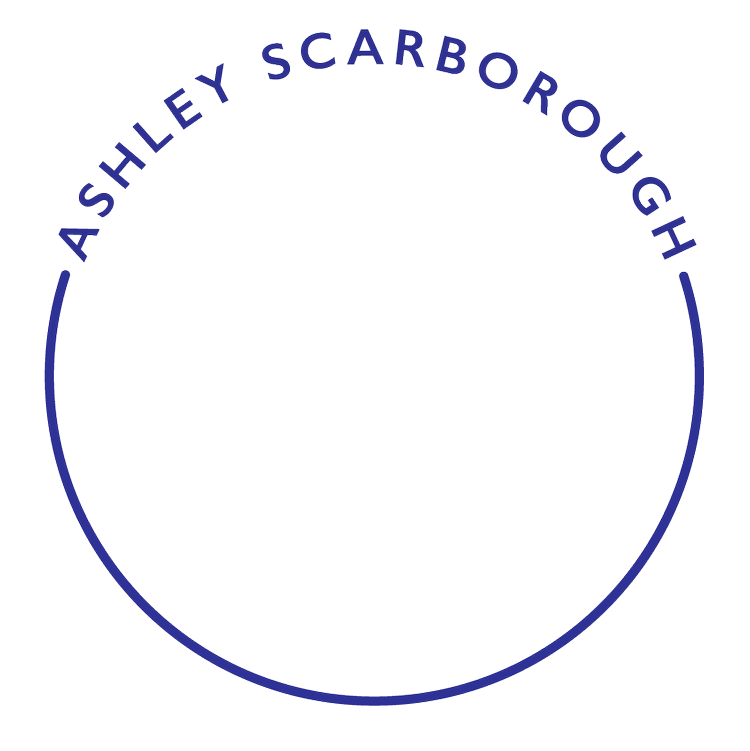PLACE BASED ZERO WASTE
An holistic system diagnosis of a Berlin neighbourhood’s waste problem, and a place based approach to catalyse change
Neukölln, a district in berlin, has a waste problem. There’s trash everywhere, its scruffy, its messy, some people think it adds to the Neukölln charm, some don’t care, and some are really upset by it (understandably). But the trouble is, all the interventions that have been created by the district over the past 7 years have barely made a difference. When we reflected on the interventions, it was clear that the interventions where tackling the symptom of the system rather than the root cause. So, I supported New Standards Studio in bringing a systemic approach to a tricky, complex problem. Here’s a condensed and adapted summary of a 6-month project.
The Three Horizons model is a framework to understand where the current system is, define a vision for a future system and explore innovation that are either moving towards the future system, or are reinforcing the current system.
Horizon one: The current system
By looking at different levels and perspectives across the system, we identified five core problems:
Individualism describes behaviour where people feel less responsible for their wider community and surrounding environment, which results in an “out of sight, out of mind” behaviour when dumping litter on the street.
Disconnect to nature: Significant waste accumulation was observed around trees and hidden corners of parks, reflecting a broader disconnection from nature, and leading to a lack of awareness and respect for the natural world.
Passivity of the public body: Surveys indicated that citizens have very little relationship to the administration and don’t feel heard or seen. While they think administration is responsible for the public space, they don’t think that responsibility is properly fulfilled.
Unconscious behavior: Our observation showed the unconscious behaviour of one person (e.g. littering a small piece) usually leads to waste aggregation (e.g. multiple littered items and bulk waste left on the street).
Convenience culture today, driven by efficiency and productivity, often leads to poor waste disposal behaviors, especially with single-use packaging. This culture, particularly prevalent in cities, results in increased littering as people prioritize convenience over proper waste management.
Horizon 2: Innovations that create change
A series of design briefs that respond to the identified problem areas, matched with examples of existing interventions around the world to learn from.
Building strong communities: a portfolio of projects briefs centered on building strong communities, fostering collective action, and encouraging a shared commitment to cleanliness and environmental stewardship.
Reconnecting to nature: fostering a deep connection to nature and revaluing resources to inspire responsible behaviors and promote a cleaner, more sustainable community.
Building trust between citizens and the public body: Interventions to strengthen the bond between Neukölln's residents and the public body, fostering transparency, shared responsibility, and a sense of ownership over the district's cleanliness
Driving behavior change: By influencing individual actions and nudging a collective commitment to responsible waste management, a cleaner and more sustainable district can be achieved through a collective shift in behaviour.
Boosting circular economy practices: requires involving both individuals and local businesses by managing resource flows, incentivising circular economy practices, and upgrading infrastructure to support sustainable resource use at a hyperlocal level.
Horizon 3: The future vision
A thriving, circular Neukölln based on a shared identity
A thriving Neukölln is characterized by both individuals and neighborhoods flourishing together, with people able to meet their basic needs, maintain emotional stability, and connect with a strong social fabric. Thriving neighborhoods are vibrant and culturally rich, supported by a responsive administration and a focus on the common good. Achieving this requires a thriving economy that also protects the environment, emphasizing circular or regenerative approaches to ensure both societal and ecological well-being.
The circular economy addresses global challenges like climate change, biodiversity loss, and resource depletion by eliminating waste, circulating materials, and regenerating nature. Implementing circular approaches locally in Neukölln, such as repair and recycling, can keep resources in use while fostering a stronger sense of community through shared material flows.
Shared social identity involves viewing others as part of a common group, which is lacking in Neukölln despite its cultural diversity. Building this identity requires shared values or vision, trust, and a sense of "we-ness," potentially fostered through a "superordinate identity" and a strong connection to place, which can enhance unity and togetherness among diverse community members.
Frameworks and approaches
Understanding the systemic factors at play, required a combination of different tools. The following frameworks and practices were used and referenced:
3 Horizons
Multi-level perspective
Iceberg model
Nested Wholes
Stakeholder mapping
Mission Economy
Donella Meadows Leverage points
Complex systemic change, specially within a localised place, requires the perspectives of all stakeholders. The following measures were carried out to represent the citizen’s relationship to their neighbourhoods:
Citizen surveys and citizen engagements
Actor workshops
Expert Interviews
Observation reports and pattern spotting
Intervention prototypes and tests
System diagnosis and strategy design process (simplified)




